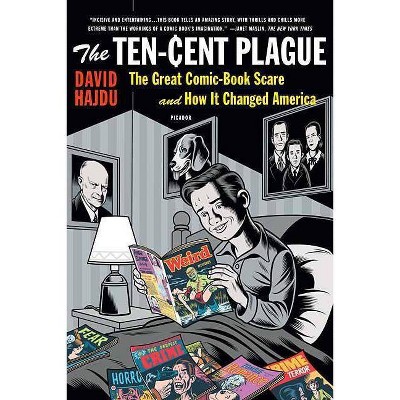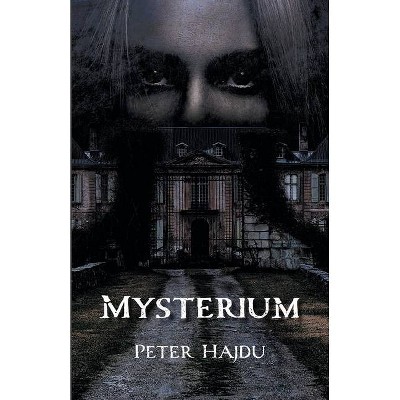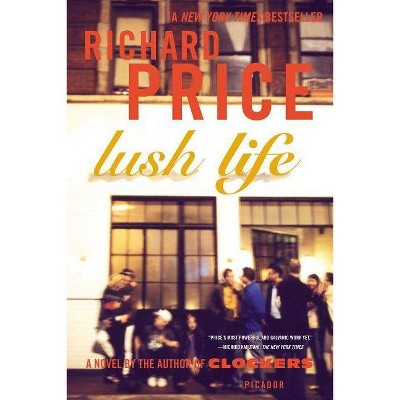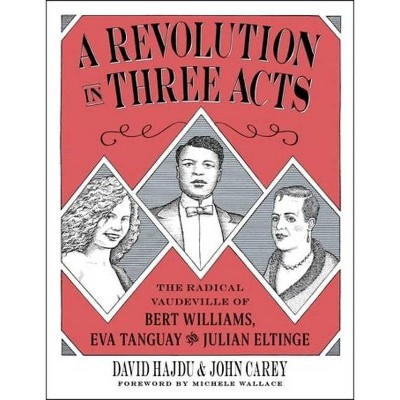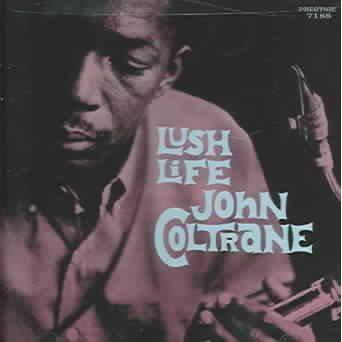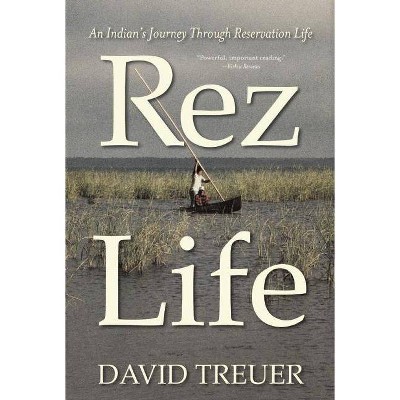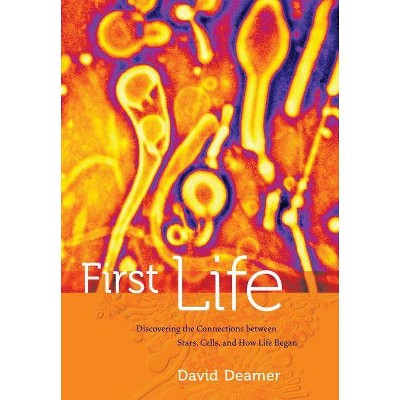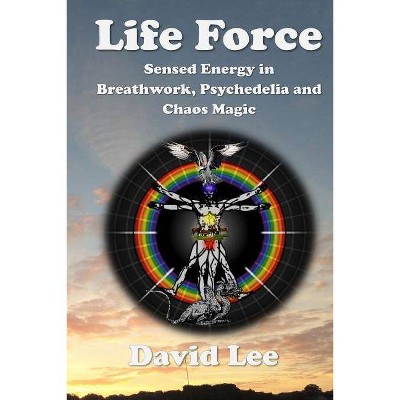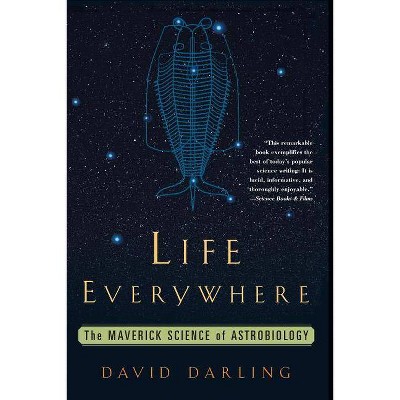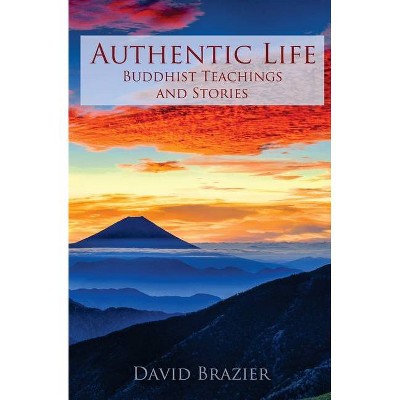Lush Life - by David Hajdu (Paperback)
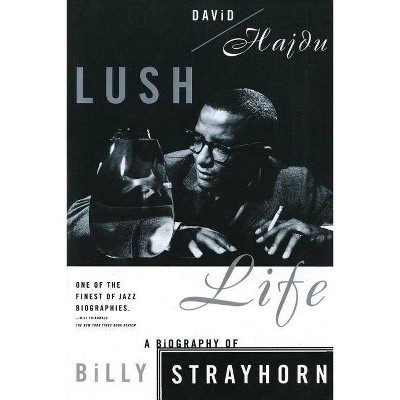
Similar Products
Products of same category from the store
AllProduct info
<p/><br></br><p><b> Book Synopsis </b></p></br></br><p>A finalist for the National Book Critics Circle Award <p/>Billy Strayhorn (1915-67) was one of the greatest composers in the history of American music, the creator of a body of work that includes such standards as Take the 'A' Train. Yet all his life Strayhorn was overshadowed by his friend and collaborator Duke Ellington, with whom he worked for three decades as the Ellington Orchestra's ace songwriter and arranger. A definitive corrective (<i>USA Today</i>) to decades of patchwork scholarship and journalism about this giant of jazz, David Hajdu's <i>Lush Life</i> is a vibrant and absorbing account of the lush life that Strayhorn and other jazz musicians led in Harlem and Paris. While composing some of the most gorgeous American music of the twentieth century, Strayhorn labored under a complex agreement whereby Ellington took the bows for his work. Until his life was tragically cut short by cancer and alcohol abuse, the small, shy composer carried himself with singular style and grace as one of the few jazzmen to be openly homosexual. <i>Lush Life</i> has sparked an enthusiastic revival of interest in Strayhorn's work and is already acknowledged as a jazz classic.</p><p/><br></br><p><b> From the Back Cover </b></p></br></br>Billy Strayhorn (1915-1967) was one of the most accomplished composers in the history of American music, the creator of a body of work that includes such standards as "Take the 'A' Train", "Lush Life", and "Something to Live For". Yet all his life Strayhorn was overshadowed by another great composer: his employer, friend, and collaborator, Duke Ellington, with whom he worked as the Ellington Orchestra's ace songwriter and arranger. Lush Life, David Hajdu's sensitive and moving biography of Strayhorn, is a corrective to decades of patchwork scholarship and journalism about this giant of jazz. It is also a vibrant, absorbing account of the "lush life" led by Strayhorn and other jazz musicians in Harlem and Paris. A musical prodigy who began a career as a composer while still a teenager in Pittsburgh, Strayhorn came to New York City at Duke Ellington's invitation in 1939; soon afterward he wrote "'A' Train", which became the signature song of the Ellington Orchestra, one of the most popular jazz bands in the country. For the next three decades, Strayhorn labored under a complex agreement whereby Ellington thrived in the role of public artist to Strayhorn's private one, often taking the bows for Strayhorn's work. Strayhorn was alternately relieved to be kept out of the limelight and frustrated about it. In Harlem and in the cafe society downtown, the small, shy black composer carried himself with singular style and grace as one of the few jazzmen to be openly homosexual. His compositions and elegant arrangements made him a hero to other musicians, but when he died at age fifty-two, his life cut short by alcohol abuse and cancer, few people fully understood the vital role he played in theEllington Orchestra's development into a vehicle for some of the greatest, most ambitious American music of this century.<p/><br></br><p><b> Review Quotes </b></p></br></br><br><p>"<i>Lush Life</i> is a book as beautiful and intelligent as its subject. David Hajdu has brought all my dear memories of Billy Strayhorn to life." --<i>Lena Horne</i> <p/>"A portrait that is both full and convincing . . . It is a mark of excellence of this biography that it leaves one wanting nothing so much as to listen to the music." --<i>Jonathan Yardley, The Washington Post Book World</i> <p/>"Hajdu invests his biography of Strayhorn with the kind of sensitivity and clarity which is the mark of his subject's best work." --<i>The New Yorker</i></p><br><p/><br></br><p><b> About the Author </b></p></br></br><b>David Hajdu </b>is the music critic for <i>The Nation</i> and a professor at the Columbia University Graduate School of Journalism. Before joining <i>The Nation</i> in January 2015, he served for more than ten years as the music critic for<i>The New Republic</i>. He is the author of <i>Positively 4th Street </i>(FSG, 2001), a finalist for the National Book Critics Circle Award; <i>The Ten-Cent Plague</i> (FSG, 2008), a finalist for the Eisner award; and <i>Heroes and Villains</i>, also a finalist for the National Book Critics Circle Award. He lives in Manhattan with his family.
Price History
Cheapest price in the interval: 14.59 on October 22, 2021
Most expensive price in the interval: 14.59 on November 8, 2021
Price Archive shows prices from various stores, lets you see history and find the cheapest. There is no actual sale on the website. For all support, inquiry and suggestion messages communication@pricearchive.us
